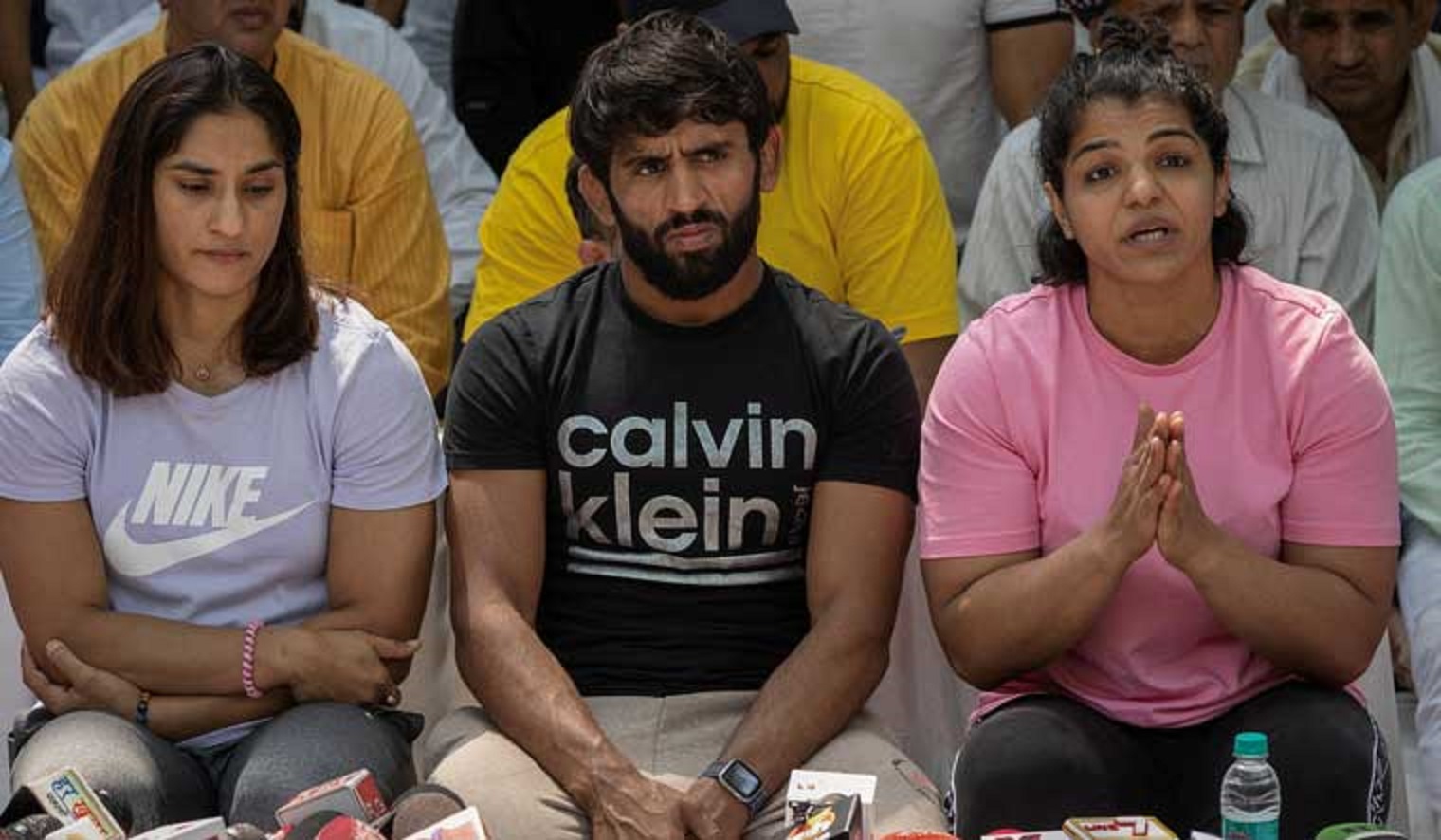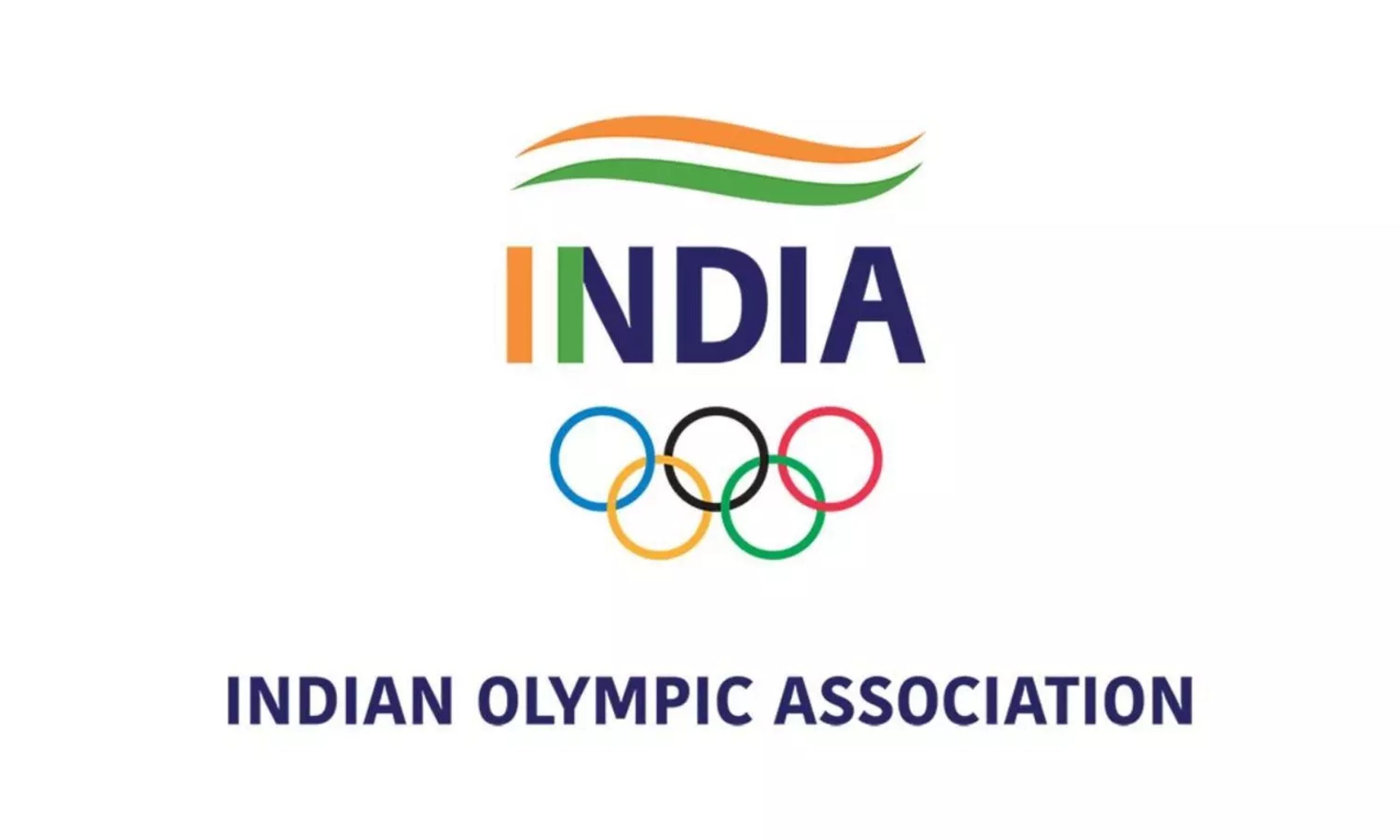- The Indian Constitution is quite clear about the demarcation between the executive, legislature, and judiciary in upholding the tenet of the sacrosanct preamble that ensures our democratic form of governance thrives without ambiguity. The three pillars of the Constitution have repeatedly demonstrated remarkable wisdom while not losing sight of the fundamental necessities defining our country’s very existence. To their credit, all three stakeholders have demonstrated tremendous patience while carrying out their entrusted responsibilities with Aplomb. If Indian democracy is regarded as one of the most decorated, the three pillars must be properly credited.

PC: PTI
- As you are aware, there have been several occasions over the years when the judiciary has indicated a desire to intervene in the executive or legislative domain. We are all aware of how the term “judicial activism” came to be associated with the higher judiciary making its presence felt even though the mandate is not defined in the Constitution. This has invariably resulted in not-so-subtle clashes between the executive, legislative, and judicial branches. In this context, the recent Delhi High Court ruling should be applauded for rejecting a petition by two professional wrestlers seeking to overturn the exemption from Asian Games trials granted to elite athletes Vinesh Phogat and Bajrang Punia by the Indian Olympic Association (IOA).
- The court emphasized the decision of the IOA’s ad hoc committee, particularly the two points in dismissing the plea. One, the court stated that the IOA committee’s decision was neither arbitrary nor illegal but was made in good faith, based on genuine fears of injury to medal contenders, with insufficient time to heal before the tournament if the injury occurred. Two, the HC reiterated that its dismissal of the petition was not based on the merits of the petitioner-grapplers, who have also excelled in wrestling. Selections are a difficult process, and grievances are neither unusual nor unexpected. Nobody can deny that there can be no disagreement about how sports organizations operate. Of course, the majority of it is obscure.

PC: IOA
- It is worth noting that this is not a new argument that sports organizations require their own complaints committees and redressal mechanisms to deal with such conflict. Wrestlers’ protest against WFI President Brij Bhushan Sharan Singh highlighted the inadequacy of POSH committees within Indian sports organizations. This chasm is what compelled these wrestlers to take to the streets. POSH committees are not present in even half of India’s 30-odd sports bodies. Who do athletes turn to for selection-related issues? Was the court then the only door the petitioner-wrestlers could knock on? These questions have yet to be answered. Sure, athletes must be heard, but courts are the wrong venue. As HC correctly stated. However, sports organizations must take action on this front.






